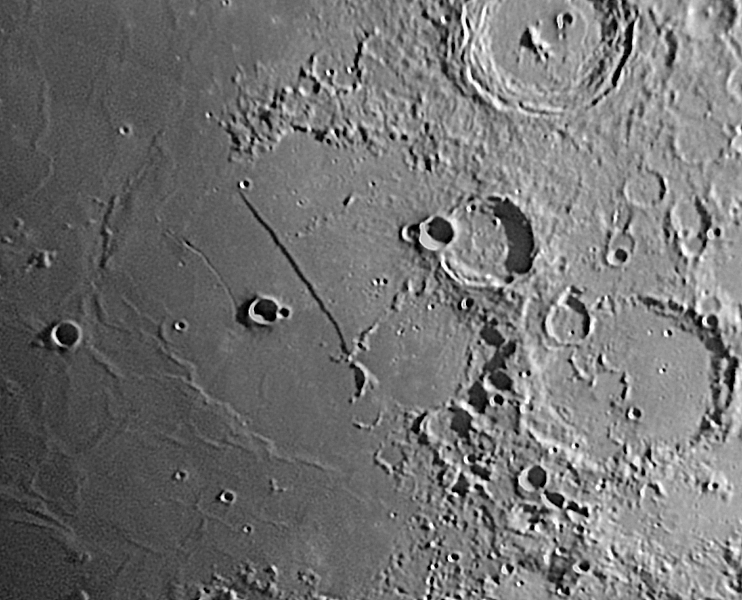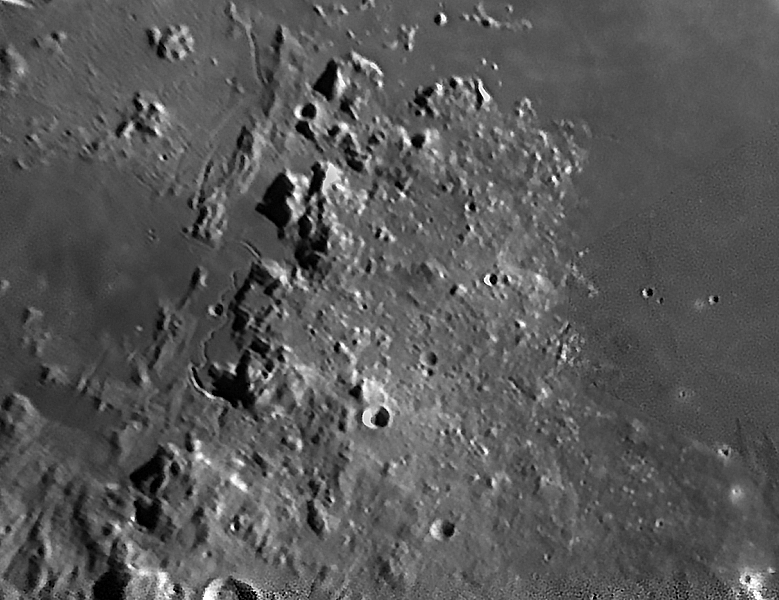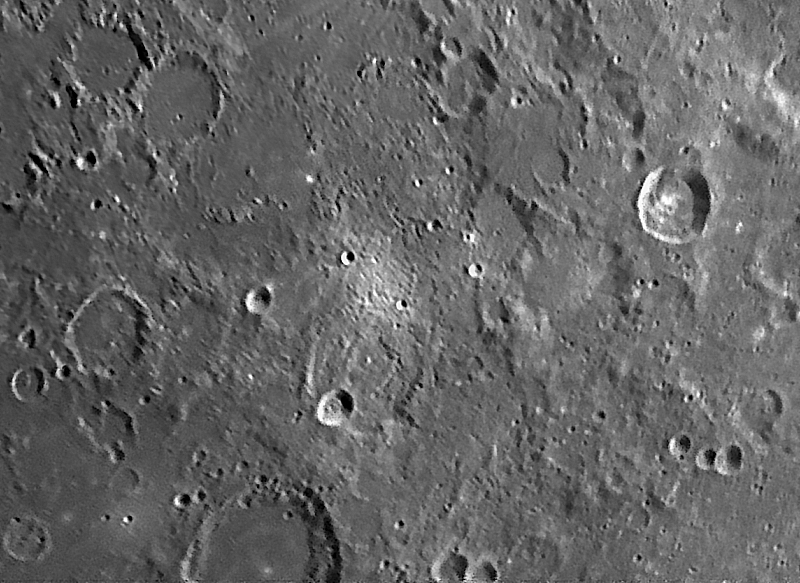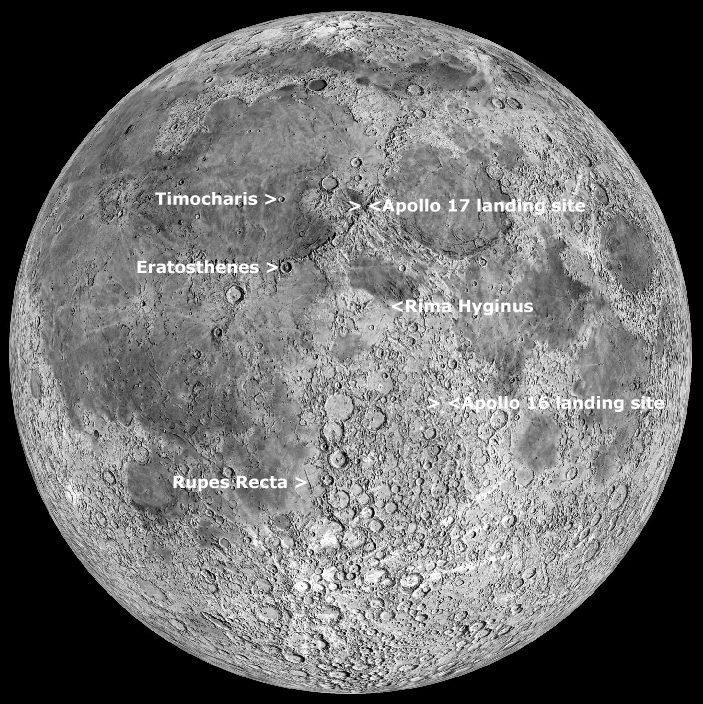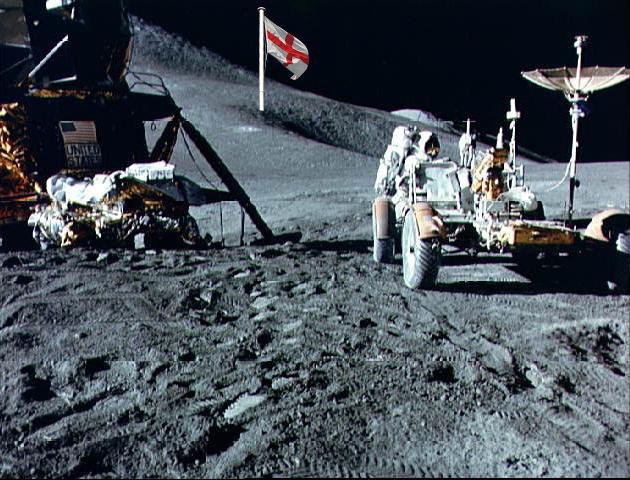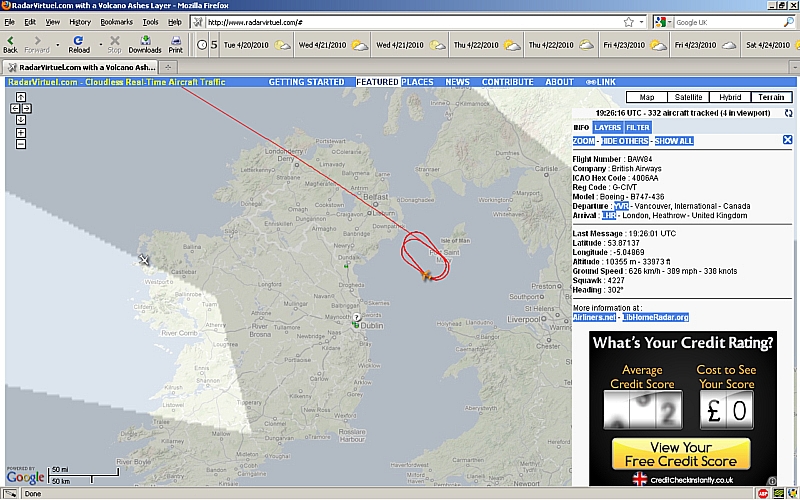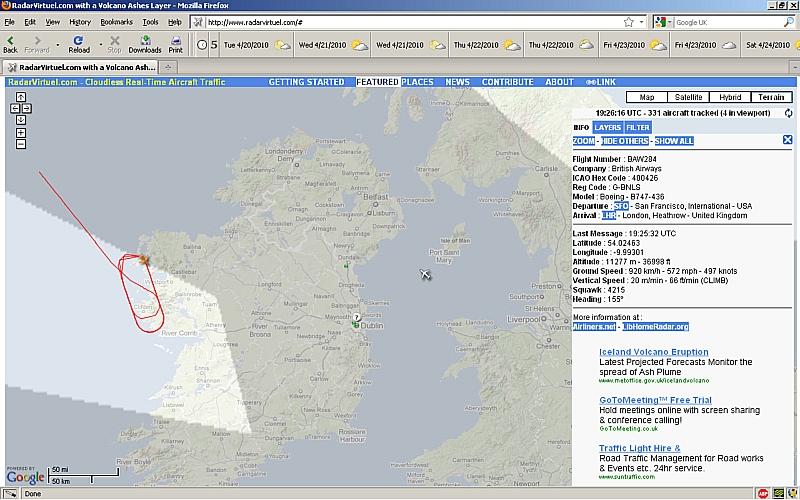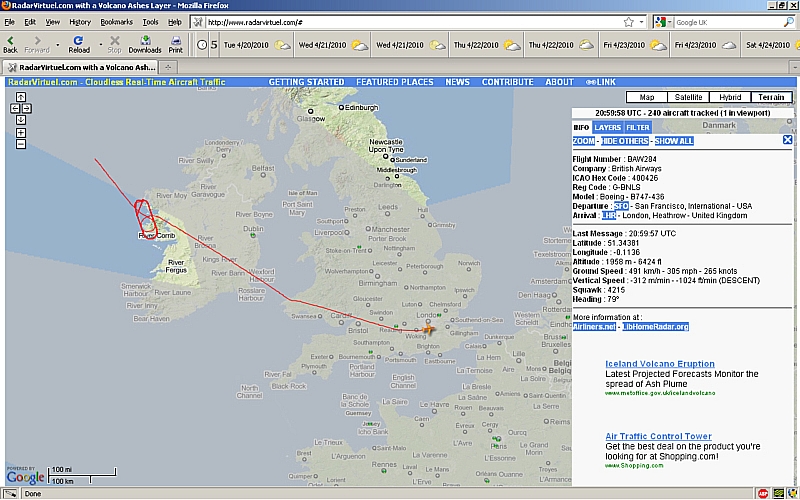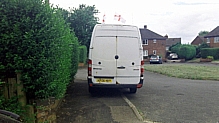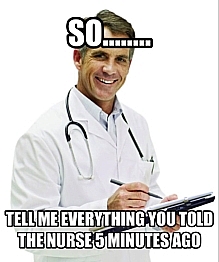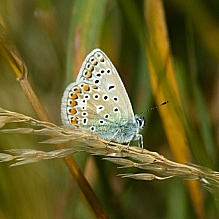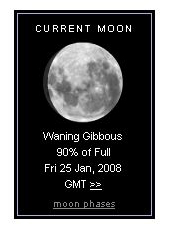With the absence of air-traffic Saturday night was looking good for observing. There was no wind, stable air, clear skies and hardly any sign of the dreaded Icelandic dust. The plan was to have a look for comets, and to see if I could bag one with the camera. A quick look on the CalSky site indicated that Comet 81P/Wild (pronounced Vilt) might be worth a shot. It's a tiny target - currently in the constellation of Virgo, it's low down, quite dim and well beyond the capability of my binoculars - so it was a scope-job. 81P/Wild is quite a significant comet - NASA targeted it for one of their missions - see here and here.
It took me ages to find the target with the 8" Newt even with the GOTO, primarily because the software's datafile for comets is wrong, leading to a huge positional error. Undeterred, I opted for Plan B - I got the comet's true coordinates from CalSky and plugged them into the software, and soon found the required bit of sky. A thorough look through the eyepiece revealed hardly anything, so I ditched that idea and slapped on the D50 at prime-focus with the intent of taking a series of long exposures. I wanted to be taking frames with exposures in the 5-10 minutes range, so I needed to use the other scope and the webcam as an autoguider, but there was no suitably bright and well-positioned guide-star anywhere near the target. Typical. No matter, I'd just have to make do with shorter exposures, but more of them. It wasn't an ideal situation, but it was better than nothing.
After a few hours I'd got what I needed, having taken a series of light and dark frames for the stacking-software to mull over. By that time a haze had started to develop which meant that the session was over. I packed up and started to process the data before heading in for some shut-eye.
So, here are the results:
(Mouseover for the annotated version, click for the biggie)

Comet 81P/Wild (the bluish smudge) in the centre, NGC5493 (a galaxy) to the left of centre, the other labelled items are stars.
53 light and 45 dark frames restricted to 60 second exposure times due to the lack of guiding.
Stacked in DSS and post-processed with PSCS3.
Here's a cropped and enhanced version. This is about the best I can get it, no doubt others could do much better with the data:
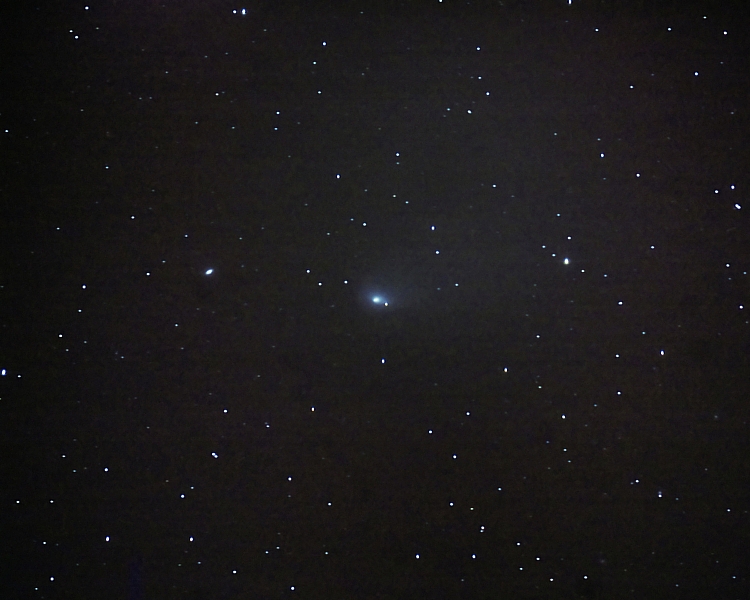
I'm quite pleased with that. I don't usually have the patience to deal with the slow pace of imaging the faint fuzzy things up there, but I'm glad that I persisted. If I get another chance, I'll try to get some longer, guided exposures to see how much improvement can be achieved.
